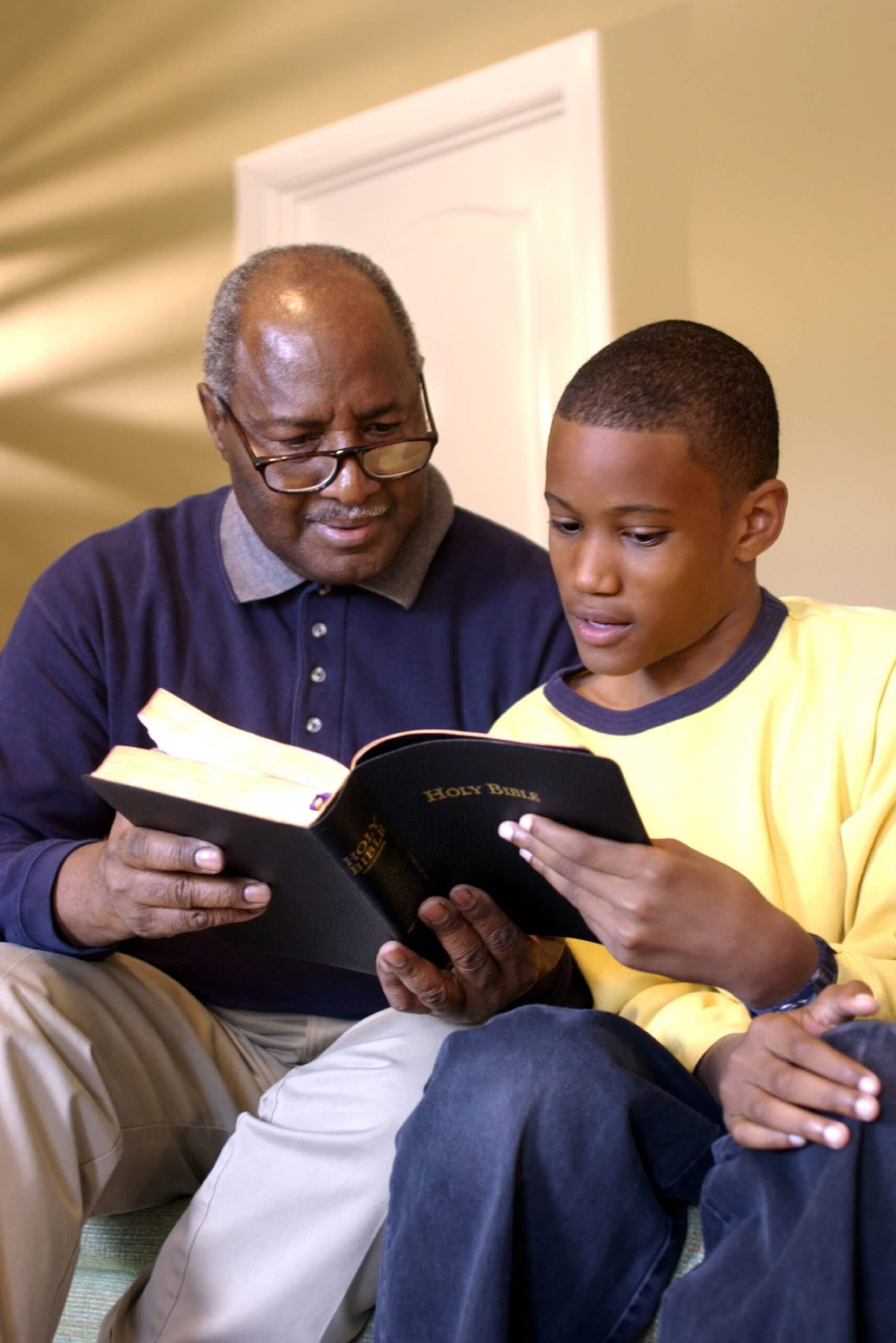Spiritual Growth – Home is the Best Place for Cultivation
by Debra Bell
We desire spiritual growth for all of our children, indeed! Home is the most important place our children will see the power and mercy of the gospel on display and experience how spiritual grown affects their lives. Church is the second. If your faith and values matter to you—and these inform your daily attitudes, choices, and actions—then home is the best place for the spiritual development of your children.
Sometimes this is a matter of faith for parents. All kids, prior to reaching adulthood, will evaluate and adopt or discard the values and beliefs held by their parents and other significant adults in their lives. Some kids will go through this process internally without much outward indication, while others will openly question and struggle. But no matter how your teen responds to the process, you can be confident this development is taking place and that he or she is moving toward a place of personally held beliefs and convictions.
Homeschooling allows for this fragile process to take place in your home and amid your family. Research has repeatedly found that parents are the biggest influence in their children’s moral development—if they do not abdicate that role. However, peers will become the chief socializing influence if the parents are not around. Quality time does not trump quantity of time; kids need both from us.
Homeschool is a natural setting for spiritual growth and the only one that truly can integrate a child’s emotional, intellectual and moral development. And that’s important if we want our kids to learn to live with integrity. Compartmentalizing our faith in life—being forced to leave it out of the equation at school or at work, especially during adolescence—is risky business. In public school, children learn to disconnect their academic achievement and their knowledge base from the moorings of God as Creator and center of all they know and do. It also fosters moral development for utilitarian purposes: I will play by the rules because I want the reward that is offered for doing so.
“Parents are the biggest influence in their children’s moral development—if they do not abdicate that role.”
Spiritual Growth in a Fragmented Culture
Today’s culture is fragmented and idiosyncratic, and the same is true of public education. Kids have forty minutes for science, then—buzz—the bell rings, and they hurry off for forty minutes of English. All the components of the school day are divorced from one another. How does it all fit together? And for what purpose? I was getting bored with science anyway. I’ve got more important things to think about. What am I going to do about my acne? And why did those girls laugh this morning when I walked by?
I’ve found that much of the turmoil of adolescence is minimized in the context of homeschooling. Kids aren’t asked to fight their internal battles while simultaneously coming to grips with living at odds with the culture. And at home you can seamlessly move back and forth in addressing your child’s emotional upheavals, academic tasks, and spiritual questions. Homeschooling allows your teen to develop within a system that feeds his faith rather than eats away at it.
Spiritual Growth in a God-Based Culture
The psalmist understood that God was his source for peace and hope when his soul was wracked with disquiet and worry. He knew to look up, not within, for enduring solutions. But amid the noise of modern life, kids are not likely to figure out on their own how to bring their faith to bear upon all of life. They need to see their parents daily demonstrate personal integrity by walking transparently with God. For Christians, this is a particularly important truth. If you want your children to believe there is a personal God who holds sway in our lives, then the surrounding culture must affirm that. Public school does not operate on this premise. In the face of all the changes going on in your adolescent’s life and the insecurity and awkwardness this breeds, it is a very tall order to ask your young teen to stand strong against the will of the crowd at school.
I am all for Christians entering and engaging the culture. That’s the end goal. But I’m convinced that adolescence is not the time to make this our priority. It’s like attempting to launch a rocket with a rubber band.
Dr. Debra Bell and her husband homeschooled their four children through high school. She has been a national and international keynote speaker for more than twenty years and is a full time author and the executive director for Aim Academy. This article is excerpted from her book The Ultimate Guide to Homeschooling Teens. Her website is DebraBell.com.

For more information, check out HEAV’s Blogs on The Ultimate Guild to Homeschooling Teens and Spiritual Growth.









